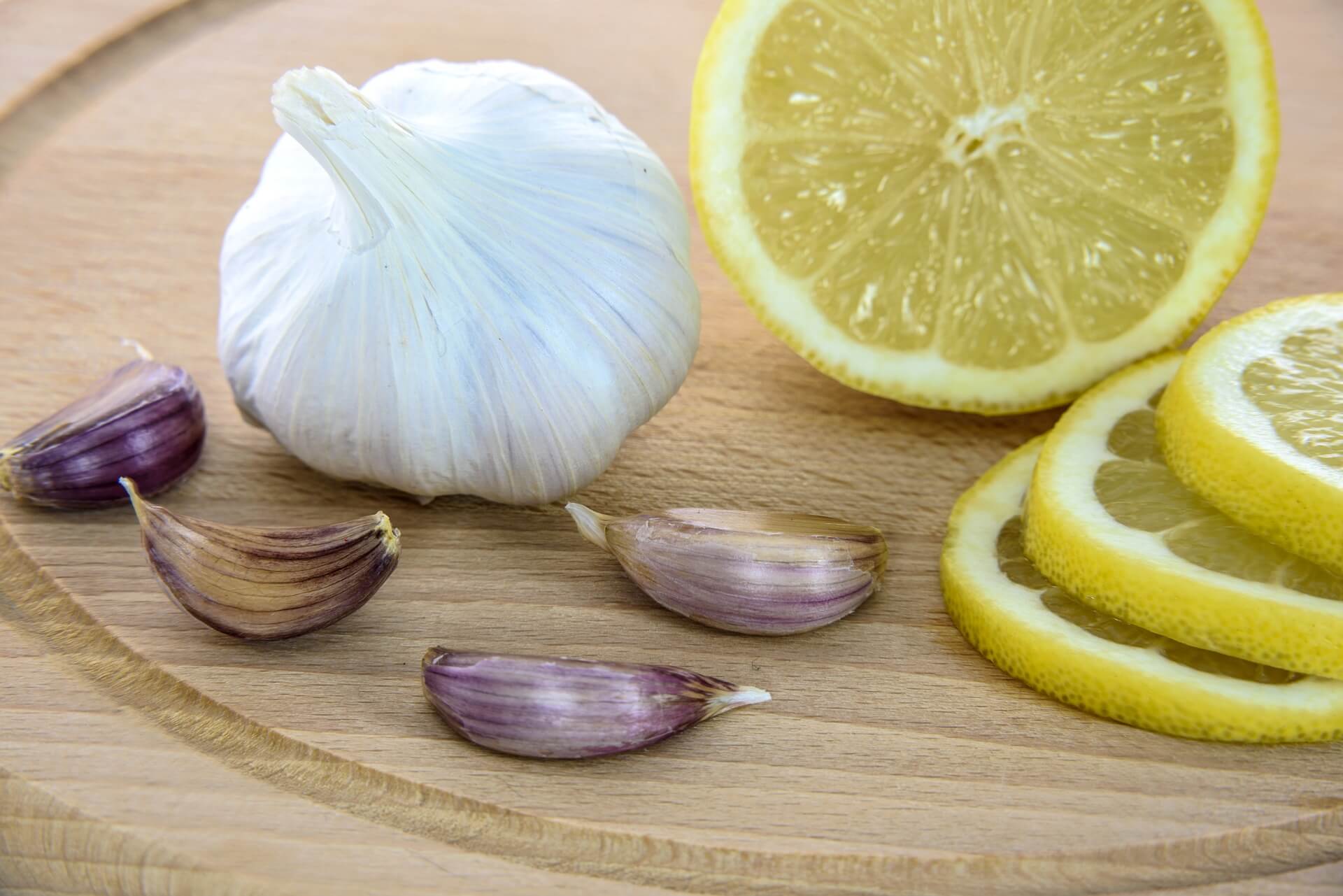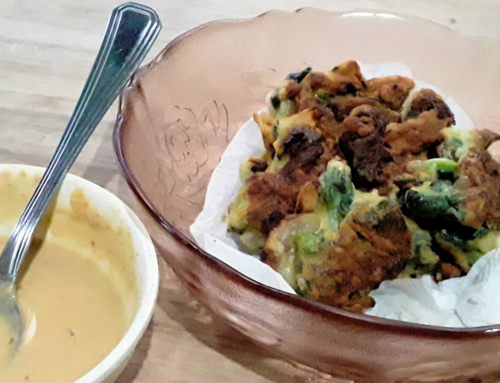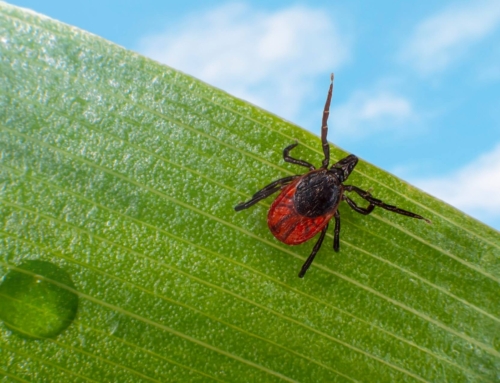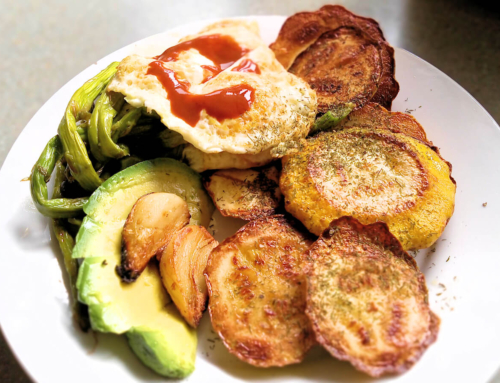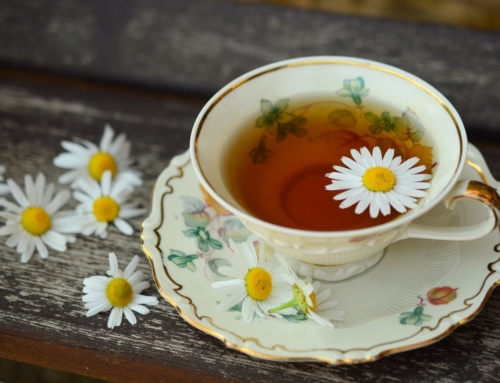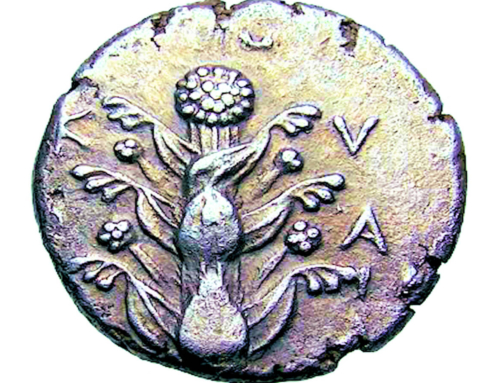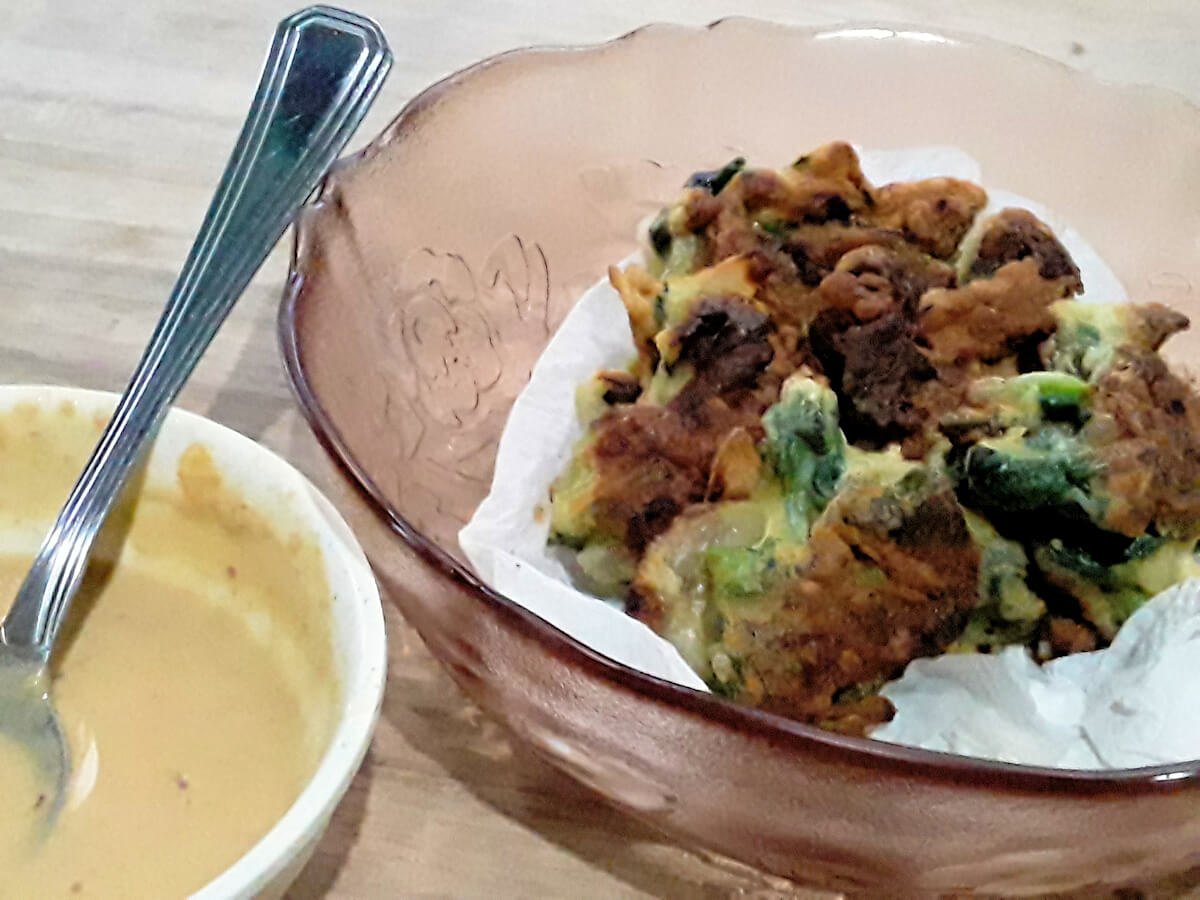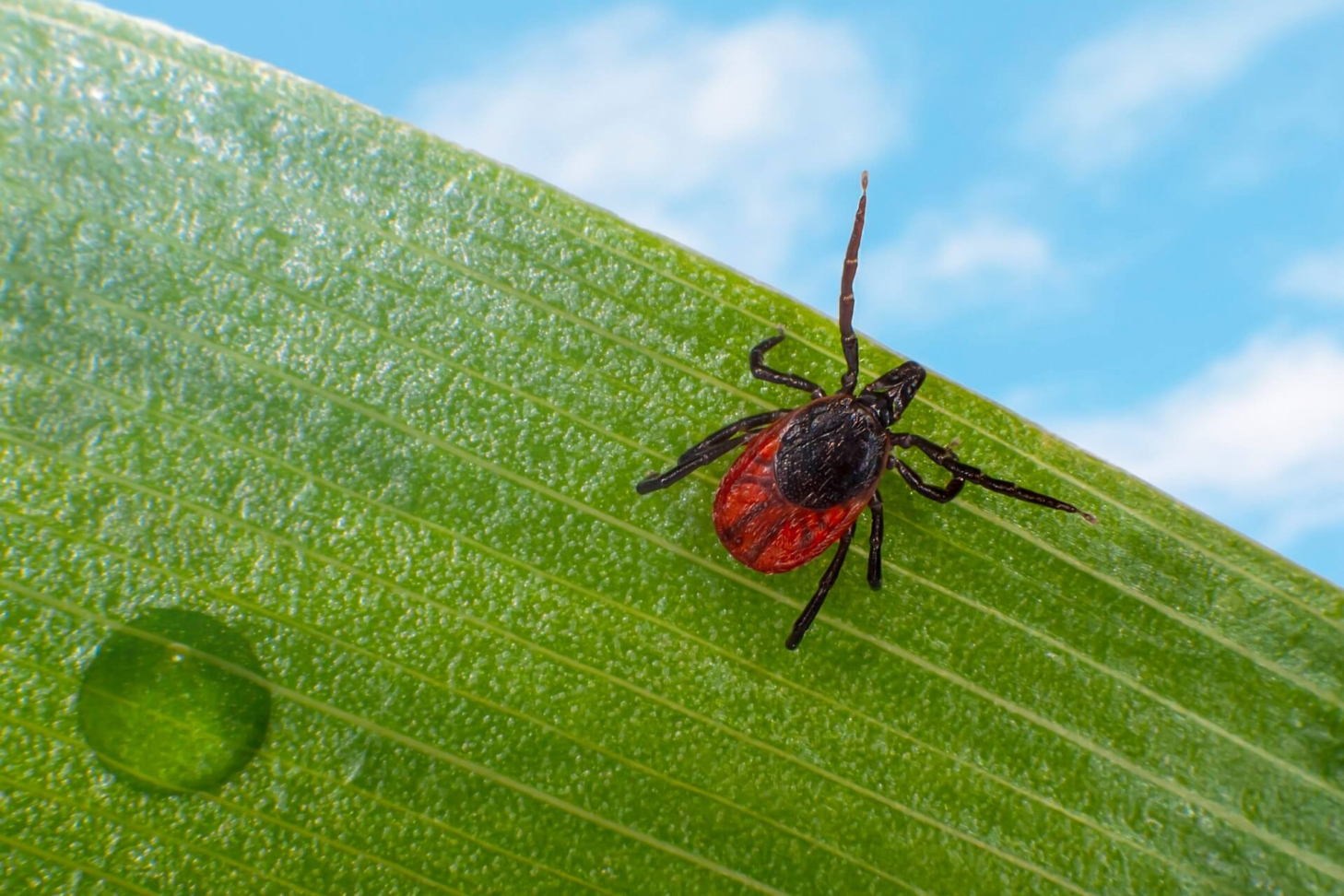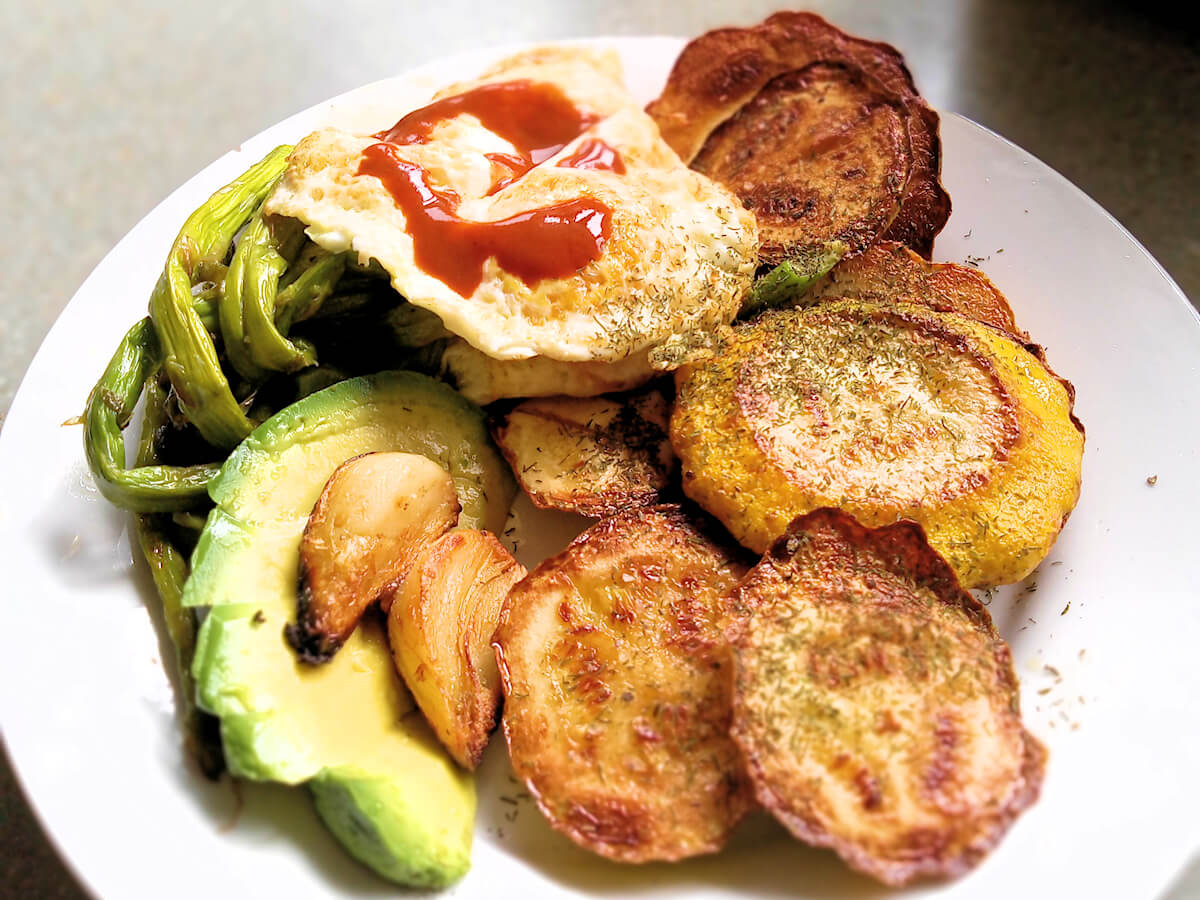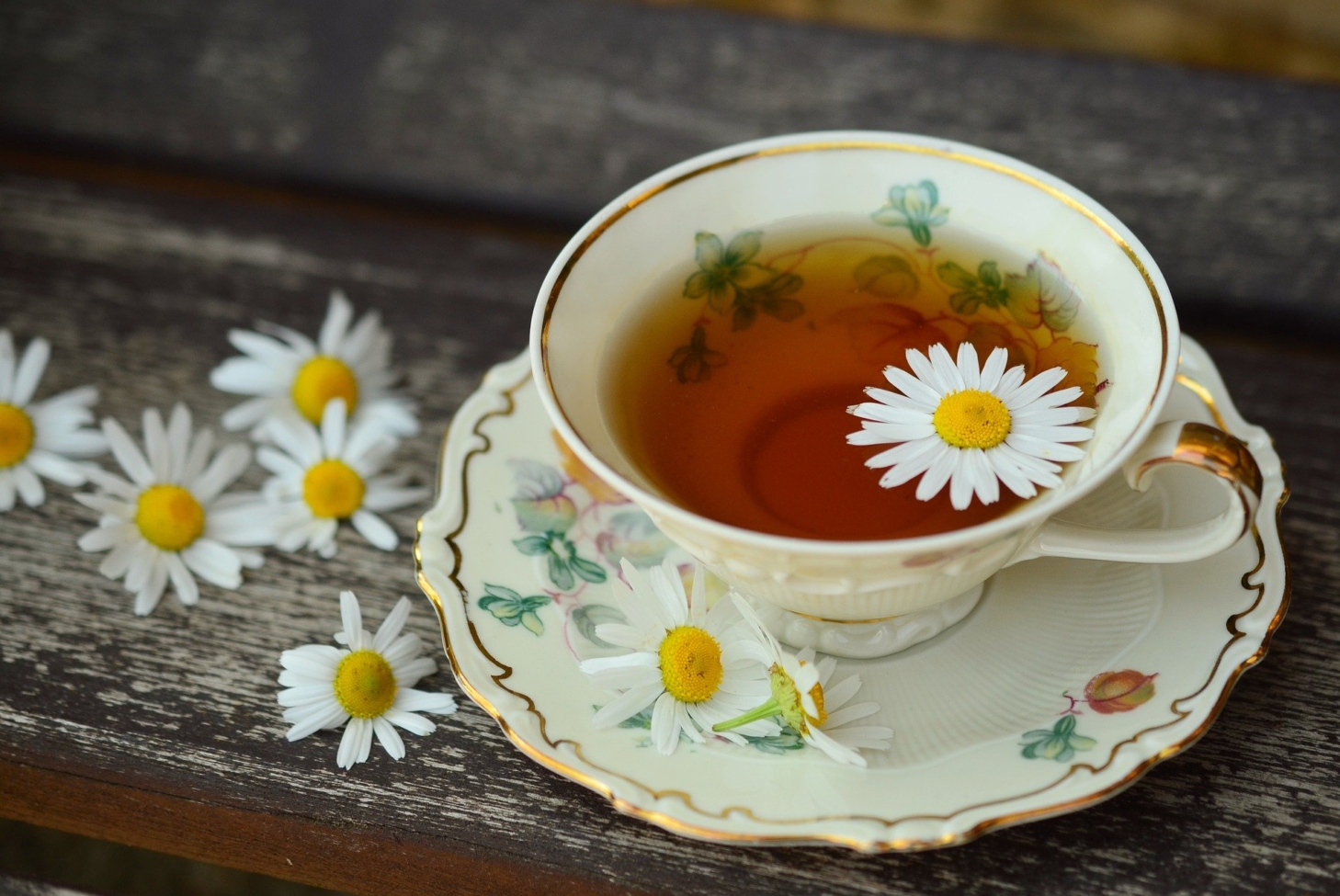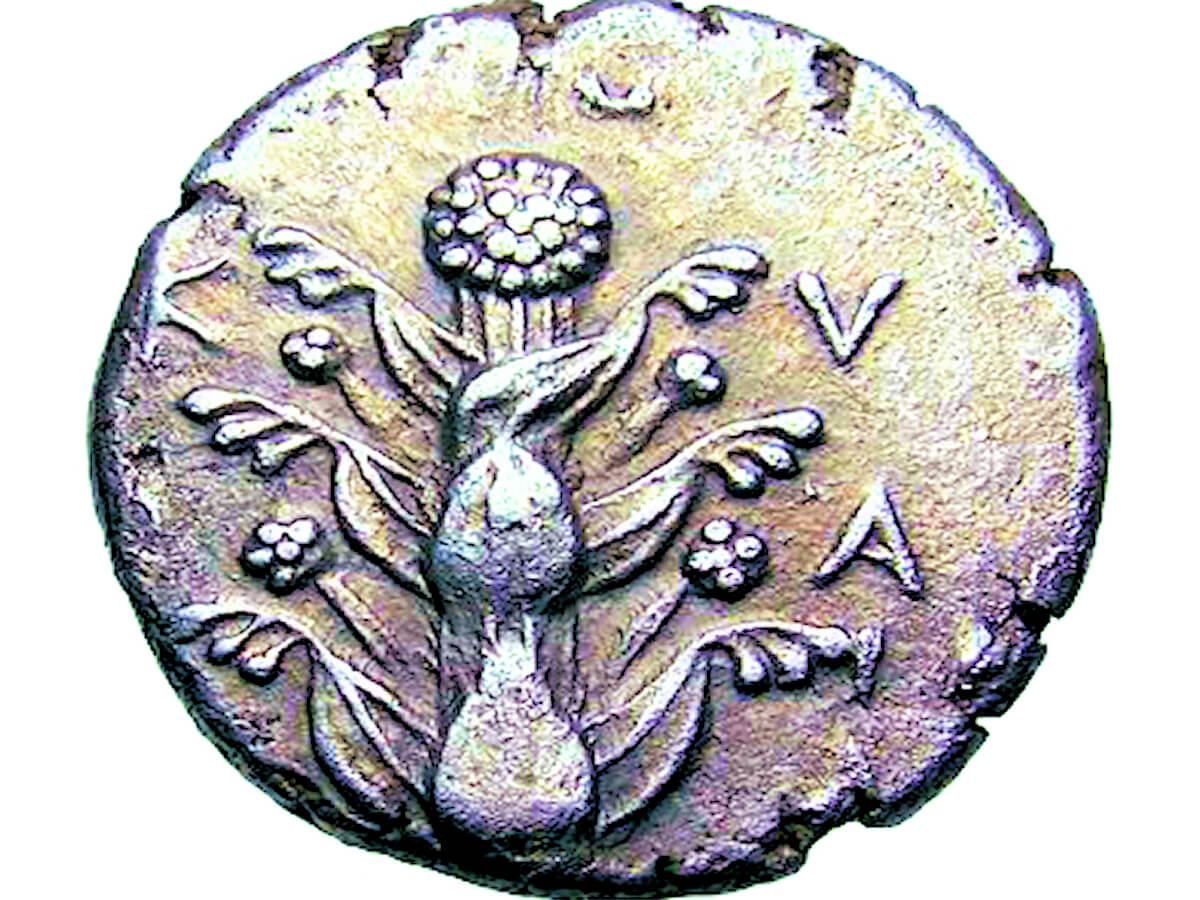Are There Anti-Virals in Your Kitchen?
Are there anti-virals in your kitchen?
These days the word protection implies some necessary steps – wearing masks, washing hands, and keeping our distance. For those of us who want to go one step further, there is a whole world of plants out there to get to know.
To find out more, let’s go back in time around the world to see what common plants people have used to protect themselves from viruses in the past. Only some of these ideas have been tested by modern science, so it’s up to you to do your own investigating!
- Lemons – Around the world, lemons have been used in the kitchen for their anti-microbial properties and added to meals to prevent food poisoning. I have even seen someone disinfect a cutting board with it! Many cultures also serve lemon with fried food to help cut the fat. Maybe that anti-grease power would help destroy viruses with fatty coatings?
- Chia – Have you ever noticed that chia seeds get kind of slimy? Like aloe, flax or okra? Turns out that these plants all have something in common – the slime that they produce can cause the lungs to cough up infected mucus. Two plants you may know – licorice and marshmallow, were so powerful that they were made into popular candies. In many countries where herbs are still used, slimy plants are included in blends to protect the lungs from infection of all kinds. They say the slime makes you smile!
- Garlic – In ancient Egypt, garlic was used as a protection against disease of all kinds. The Egyptians, like many civilizations that followed them, used spicy or pungent plants of all kinds to keep themselves healthy. They also used onion, mustard, fenugreek, turmeric and hot peppers for the same purpose. Some of these spicy plants have been proven by science to help the body kill unwanted microbes. No wonder they have traveled so far around the world for millennia!
- Rosemary – This common kitchen spice is very much like others next to it on the shelf – Oregano, Thyme, Basil, Sage, Parsley. Known as aromatics, these yummy plants can also be made into tea. Historically, they have been used to control the build-up of mucus in the body, to help keep the organs working well and to fight off infections. Their delicious flavor is an added benefit!
- Papaya – Not everyone loves the bitter taste of this fruit, but that is the part of it which is said to stimulate the body to burn fat, clear out waste and fight infection. Other bitter foods to try are celery, asparagus, romaine lettuce, marmalade and vinegar. Rye and quinoa are two grains which are bitter, so you can try them instead of the much sweeter grains like wheat or rice.
- Beets – Although this one may seem far-fetched, many ancient civilizations, including in Egypt and Greece, believed that disease lived off undigested waste in our bodies. Even today there are traditional medicines in most continents which rely on cleaning the intestines as part of any disease-prevention therapy. If you don’t love beets the way I do, you might try prunes or other dried fruits, adding lots of lettuce or other leaves to your diet, oatmeal or whatever else you feel like keeps your bowels moving!

